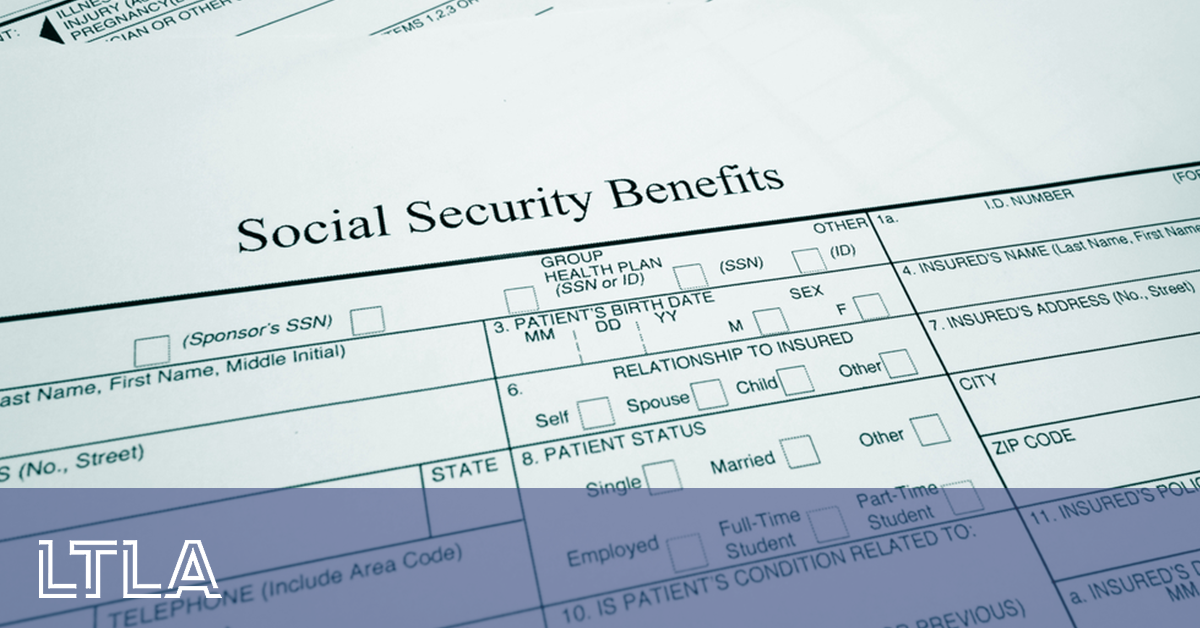
Social security is a retirement program workers pay into every year, but many people fail to maximize their social security benefits when it’s time to collect. While the program may look straightforward from the outside, there are actually nearly 3,000 different rules that apply, and most people aren’t aware of even a fraction of them.
If you’re not maximizing your benefits, retirement can end up being financially stressful and emotionally draining, but if you understand the right rules, you can optimize your Social Security benefits so that your retirement is as financially comfortable as possible. In particular, take a look at these key essentials.
Accessing Delayed Retirement Credits
Social Security benefits come available when you are 62. However, if it all possible, you should try to wait until you are 70. If you wait, the Social Security Administration adds Delayed Retirement Credits to your account, and those credits snowball between your 62nd and 70th birthdays.
In fact, if you make your claim at age 70 versus age 62, you receive 176% of the payment. To illustrate this substantial increase, imagine that you are entitled to $1,000 a month when you are 62. If you take Social Security then, you receive that amount every month until you die. However, if you wait until you are 70, your monthly benefit is $1,760 for the rest of your life.
That puts a lot more money into your pocket. If you live until you’re 90, you come out $86,200 ahead just for waiting.
Optimizing Spousal Benefits
In addition to waiting, you also need to ensure that you are optimizing your Social Security spousal benefits. If one spouse has never worked, the Social Security Administration offers that individual benefits on behalf of their working spouse, and in fact, you can even quality for some benefits if you are divorced. Determining Social Security benefits can be confusing, but generally, your spousal benefits are 50% of your spouse’s benefits.
Additionally, it’s important to coordinate your benefits. For example, if you need to take some benefits early, you may want to take the benefits of the lower earning spouse. That way, you can continue to build up the funds on the other spouse’s Social Security benefits statement.
Understanding Survivor Benefits
Survivor benefits refer to Social Security benefits that you receive after your spouse has died. These benefits are also extended to minor children. Many people erroneously assume that if you reach retirement age and haven’t had to claim survivor’s benefits yet that they don’t apply to you.
However, that is not the case. To optimize your benefits, you should have survivor benefits in the back of your mind. In particular, if the higher earning spouse delays his or her payout, that gives those benefits time to build up as explained above, but at the same time, it allows the survivor’s benefits to build up. Eventually, if something happens to either one of you, this decision can save you anywhere from $70,000 to $80,000 through your golden years.
Earning While Collecting
Sometimes, it makes sense to continue working to bolster your income, but it’s critical to understand how this can affect your Social Security benefits statement.
As of 2017, if you are claiming benefits early and earning more than $16,920, the Social Security administration will withhold $1 in payments for every $2 you earn over the threshold. To illustrate, if you are earning $20,920 per year, that’s $4,000 over the threshold. As a result, your Social Security benefits will be reduced by $2,000 annually.
Let us Help
Determining Social Security benefits is not easy. Maximizing your benefits, consider the following:
- Access Delayed Retirement Credits
- Coordinate spousal benefits
- Understand survivor benefits
- Be careful collecting when you are still earning
If you want to ensure you’re ready for retirement, you may need a bit of extra help. Let the team at the Long Term Living Association help you. Whether you’re dealing with reverse mortgages, retirement planning, home health care, or other aspects of retirement planning, we’re here for you. To schedule a free initial consultation with a Social Security Advisor, please click here.
 Social Security Advisor
Social Security Advisor
Matthew Allen

